China will take solid steps to ensure full and effective implementation of the policy package for stabilizing the economy and the follow-up measures, to consolidate the foundation of economic recovery and growth, according to a State Council executive meeting chaired by Premier Li Keqiang on Tuesday.
The meeting noted the solid efforts made by local governments and competent departments in delivering the policy package for stabilizing the economy and the follow-up measures, which have provided effective underpinning for reversing the economic slide early in the second quarter and keeping overall economic stability.
The fourth quarter is crucial for the economic performance of the whole year, and now is a critical moment for consolidating the foundation for economic recovery and growth. Sustained efforts must be made with a sense of urgency to maintain the upward momentum.
It is imperative to fully implement the policy package for stabilizing the economy, maintain stable employment and prices, keep major economic indicators within a proper range, and strive for better results.
Fiscal and financial policies were rolled out earlier to support key projects and equipment upgrading and renovation. This is an important step to promote investment, spur consumption, keep economic activity on an even keel, and pursue structural adjustment. These policies are making a difference, and there is still great potential to be unlocked.
"The economic situation is complicated this year. Shocks from COVID-19 and other factors have turned out to be greater than expected," Li said.
"Competent departments have taken robust steps to implement the policy package for stabilizing the economy and the follow-up measures. Positive progress has been made in advancing the construction of major projects as well as equipment upgrading and renovation. Meanwhile, different localities face different circumstances and some measures introduced are yet to be delivered on the ground due to various reasons. Further efforts must be made to ensure full implementation," Li added.
The meeting urged expediting the construction of key projects. To date, the financial instruments introduced in two batches have provided support to 2,700-plus major projects, and nearly 90 percent of the projects have been launched.
The coordination mechanism for major projects must continue to run efficiently, to push for earlier fund allocation and faster construction, and catalyze more investment from the private sector including private firms, so as to generate more physical gains as quickly as possible.
Localities failing to deliver on their commitments on time will be called out. Projects unable to be launched as scheduled because of real difficulty will be adjusted. Supervision will be strengthened to ensure clean, high-quality and safe projects.
The meeting called for accelerating equipment upgrading and renovation. As the signing of loan contracts of such projects has been basically completed, the focus will be turned to the issuance of special relending facility and government-funded interest subsidies, and the recipients will be urged to step up equipment purchases and renovation.
Financial institutions will be guided to increase medium- and long-term loans to manufacturing enterprises in line with market principles, to promote the upgrading and development of the manufacturing industry.
"We must stay focused on our priorities, establish the reasons why project launch in some places is sluggish, and take targeted measures," Li said.
The meeting underscored the need to stabilize and expand consumption. Policies that provide relief to consumer services in overcoming difficulties will be implemented to good effect. Sustained and sound development of platform-based economy will be supported, and the smooth functioning of e-commerce and express delivery networks guaranteed.
City-specific policies will be adopted to meet people's basic housing needs and their wish to improve housing conditions. Localities will be guided to enhance policy communication and interpretation.
Special lending facility to ensure the delivery of pre-sold houses will be channeled to specific projects as quickly as possible. Commercial banks will be incentivized to issue new loans for the delivery of pre-sold houses.
Project construction and delivery will be advanced at a faster pace, and efforts will be made to improve debt-to-asset ratio of the real estate sector, in order to boost the healthy development of the housing market.
"We must do everything possible to keep transportation and logistics unimpeded," Li stressed.
The meeting stressed that sustained efforts will be made to ensure smooth transportation and logistics.
The working mechanism to keep logistics smooth and functioning should be harnessed to enable uninterrupted coordination so as to ensure smooth flow of goods in both trunk and branch routes and normal transportation of goods to and from ports, railway stations and airports, and remove barriers in a timely manner. These efforts will help keep industrial and supply chains stable and foreign trade flows smooth.
Financial support for the real economy will be scaled up. Banks will be guided to offer concessional rates as appropriate regarding the existing inclusive loans made to micro and small businesses. Financial services will continue to be provided to the transportation and logistics sector.
Intensified support will be given to private enterprises in issuing bonds. Monetary policy tools such as required reserve ratio cuts could be used when needed and as appropriate to keep liquidity reasonably ample.
The meeting emphasized the need to step up supervision and services.
Before the end of November, the State Council will send taskforces to relevant localities to supervise their efforts in delivering the policy package for stabilizing the economy, assist their work if needed, hear their reports, and coordinate efforts to settle difficult issues and specific problems in policy implementation.
With regard to regions and fields where progress in key projects and equipment upgrading and renovation remains slow, problems and causes will be pinpointed in order to roll out targeted solutions.








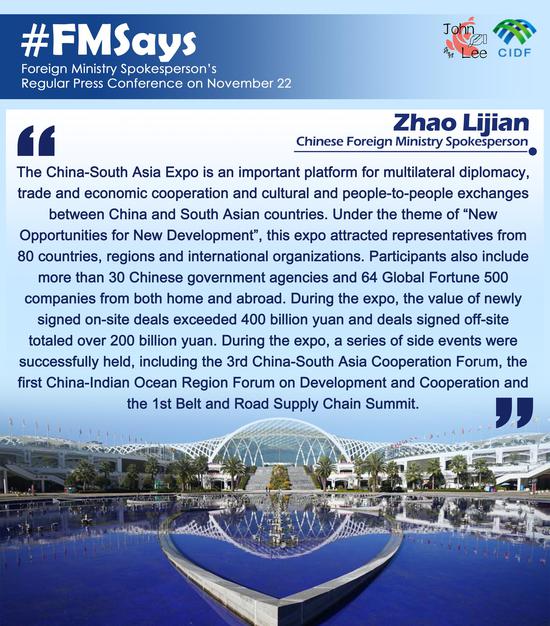
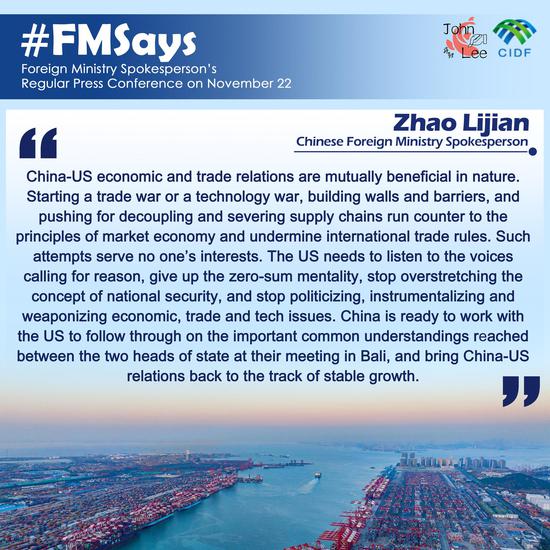
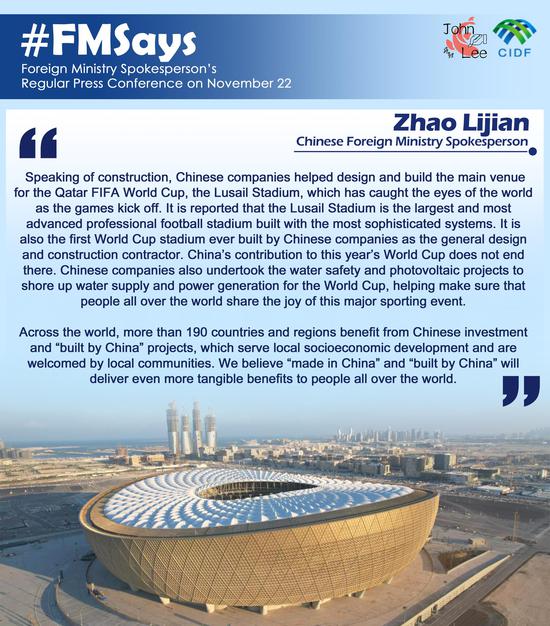
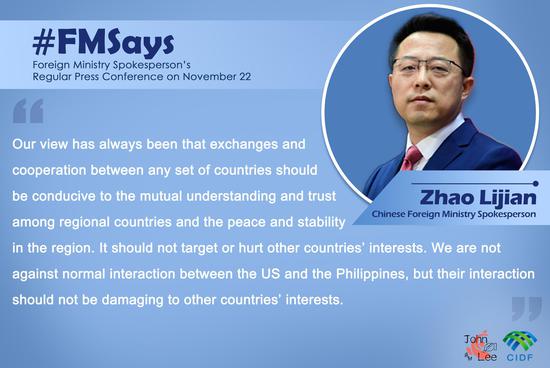


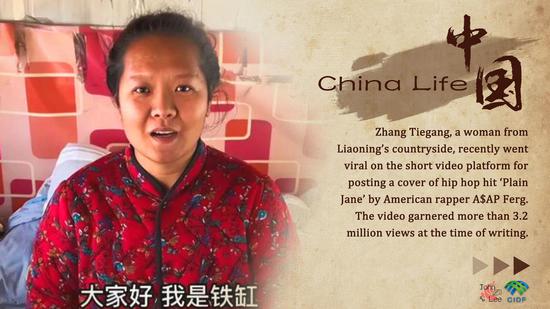















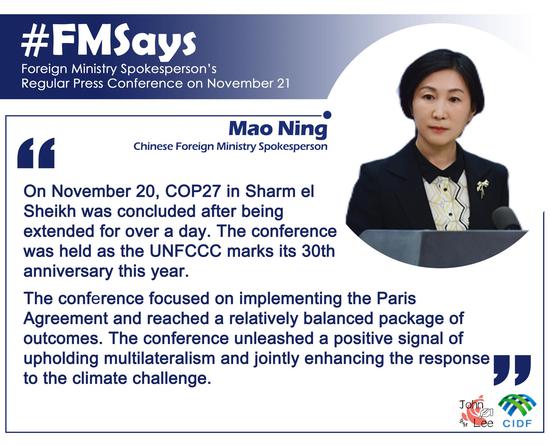


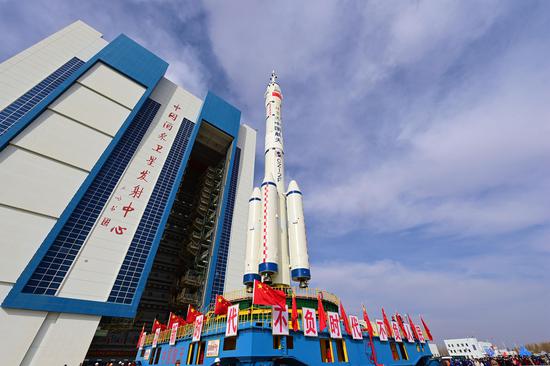






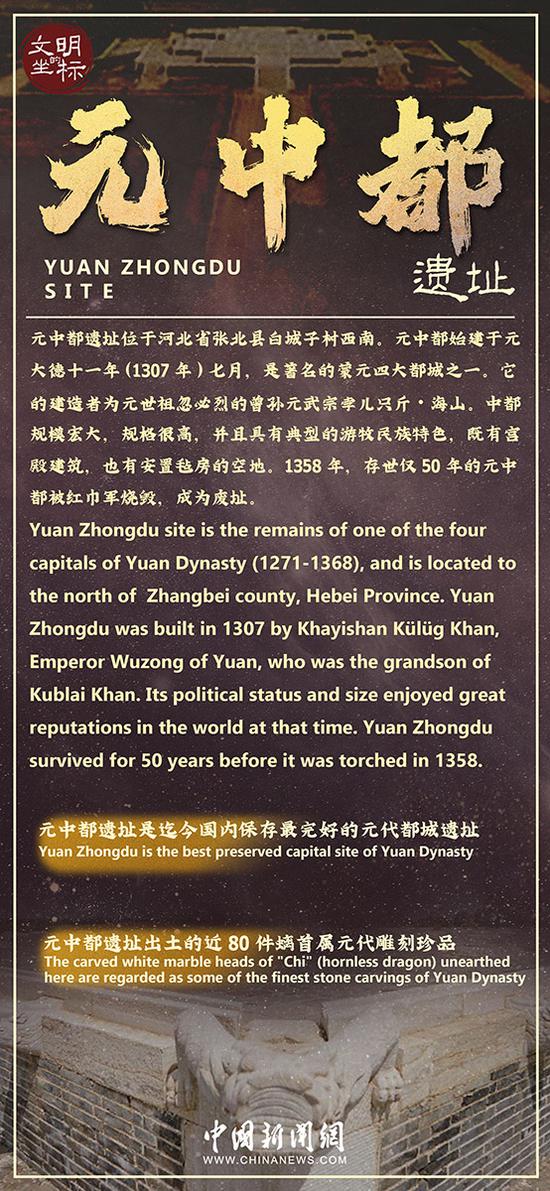
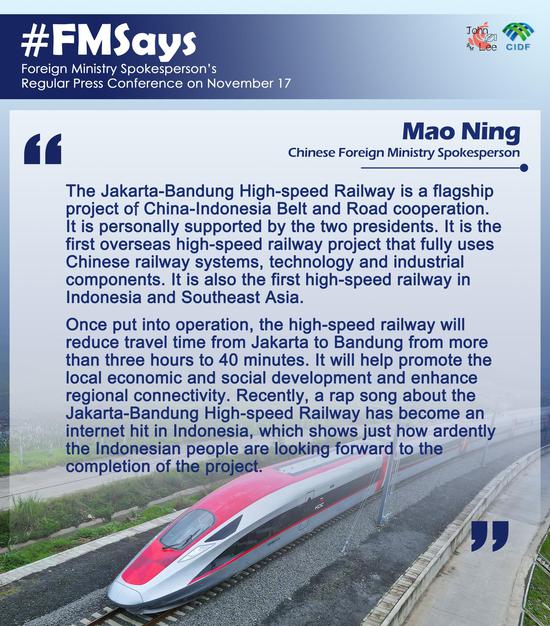








 京公网安备 11010202009201号
京公网安备 11010202009201号